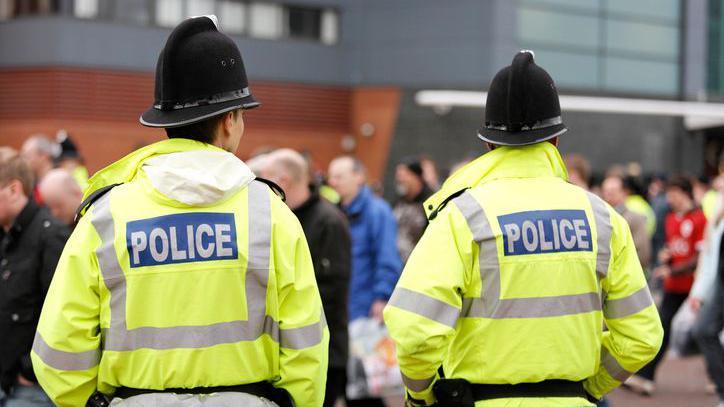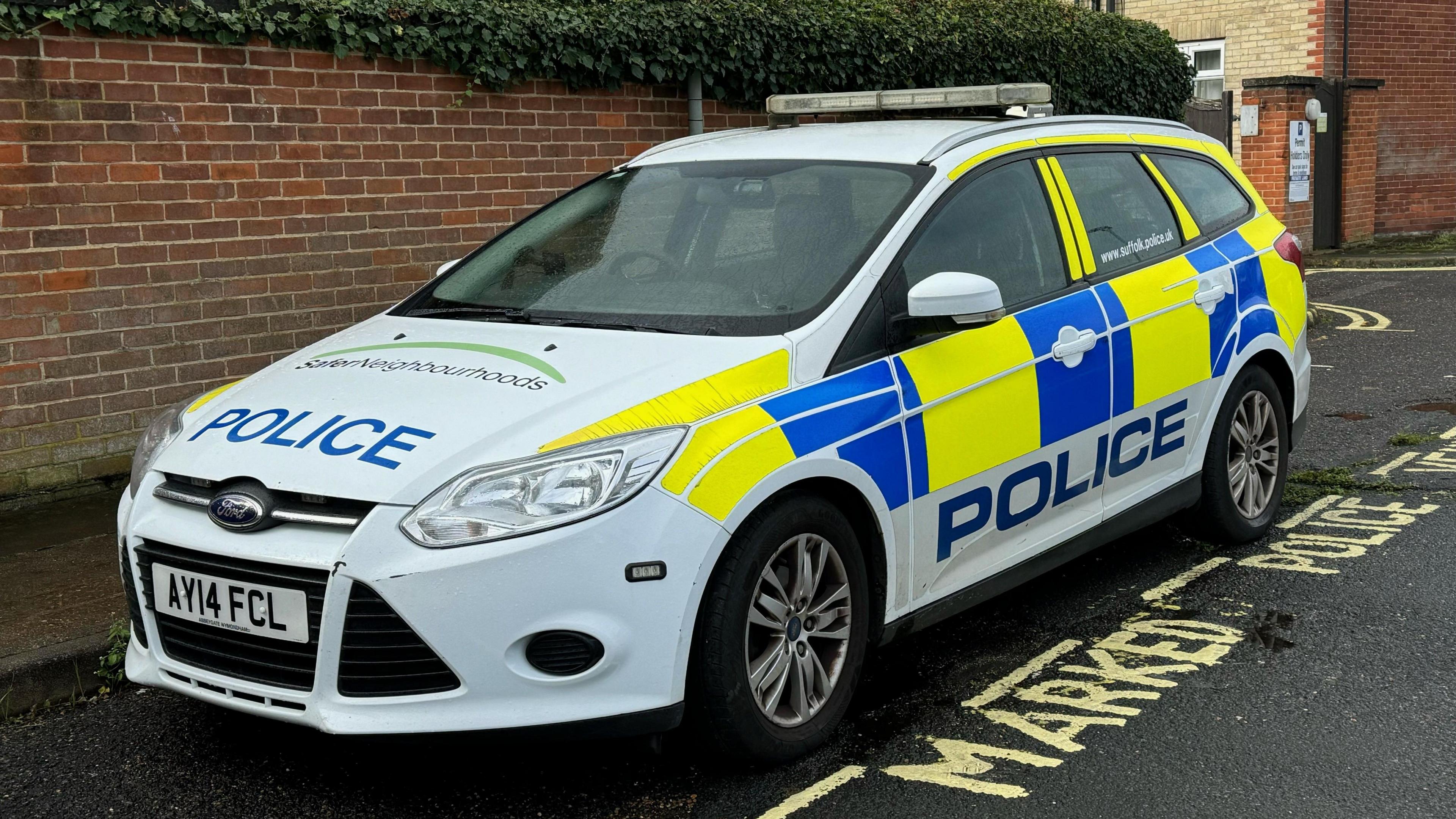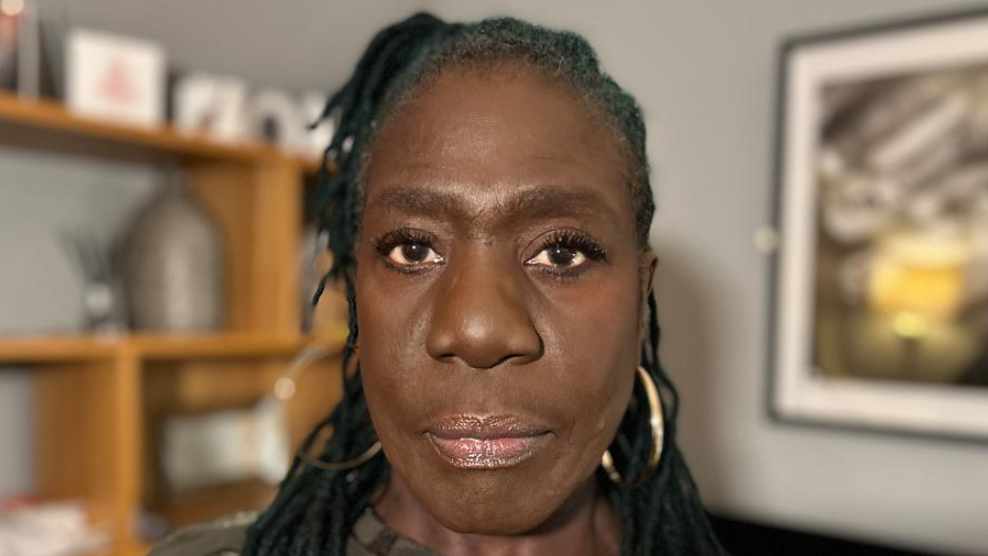'Forceful' stop and search rates highest in country

No other police force in the country has arrested more people following stop and searches
- Published
The rates at which Suffolk Police arrest stop and search suspects and use force while doing so are the highest in the country, new figures revealed.
Government data published by the Home Office, external showed the constabulary arrested about 25% of all suspects it stopped and searched in the 12 months leading to March 31.
Of all of England and Wales’ police services, Suffolk Police, external also recorded the highest proportion of stop and searches while using force, at 53%.
The force's Supt Simon Mills said: “Stop and search is an important tool within policing. However, it is essential that is applied fairly and responsibly.”

Suffolk Police's Supt Simon Mills said the force is committed to using stop and search powers fairly
He added: “Suffolk has been highlighted nationally as having the highest arrest rate following a stop and search. This demonstrates that our officers are targeting the right people.
“Suffolk Police is committed to using stop and search in a proportionate and justified manner to keep people safe, prevent crime and catch criminals.”
The use of force is defined as a situation in which an officer uses equipment such as a baton, taser or handcuffs as a restraint tactic.
According to Supt Mills, handcuffs are not necessarily “applied during the course of the search” but will be when transporting someone who has been arrested.
Sharon Lee is the operations manager at Ipswich & Suffolk Council For Racial Equality (ISCRE), external which runs the Suffolk Police Powers Public Scrutiny group.
She said: “The figures for searches where force was used is exceptionally high for Suffolk and we must try to understand why and request a breakdown of those figures.
“We will continue to scrutinise how and why the police in Suffolk are using such high levels of force, and for us to ensure our communities are being treated fairly by the police”.

Franstine Jones wants to see black people treated more fairly by the police
Franstine Jones, the chairperson of the Suffolk Police Powers Public Scrutiny, external group, has now said more needed to be done to stop innocent black people being stopped and searched.
According to the Police.UK website, between February and May the force stopped black or black British people more, external than white people when population size was taken into account.
Out of a population of more than 6,800, for example, 27 stop and searches of black or black British people were conducted, which equates to a rate of 3.9 per 1,000.
During the same period police officers used their stop and search powers 625 times for white people – the population of which is over 690,000 - or 0.9 times per 1,000.
Ms Jones said: “The problem is that law-abiding black people who are going about their daily business are being stopped and searched and nothing has been found.
“I know loads of people who have been stopped and searched and some have had positive experiences and some have not liked the attitude of the police officers.
“My son always used to get stopped and searched and he would be compliant but he would say ‘It just seems like I only match the description because I am black'.
“All young people should know what their rights are when it comes to stop and search, especially young black boys.”
Supt Mills said the police has “developed a close working relationship with Suffolk’s diverse communities” and the likes of Ipswich & Suffolk Council Racial Equality (ISCRE).
He added: “This enables us to constantly update and improve our stop and search policy whilst aiming to reduce crime, anti-social behaviour and disorder.
"Through the independent Police Powers Scrutiny Group, chaired by ISCRE, the public have a voice in which to challenge and discuss our use of policing powers including stop and search."
Get in touch
Do you have a story suggestion for Suffolk?
Follow Suffolk news on BBC Sounds, Facebook, external, Instagram, external and X, external.